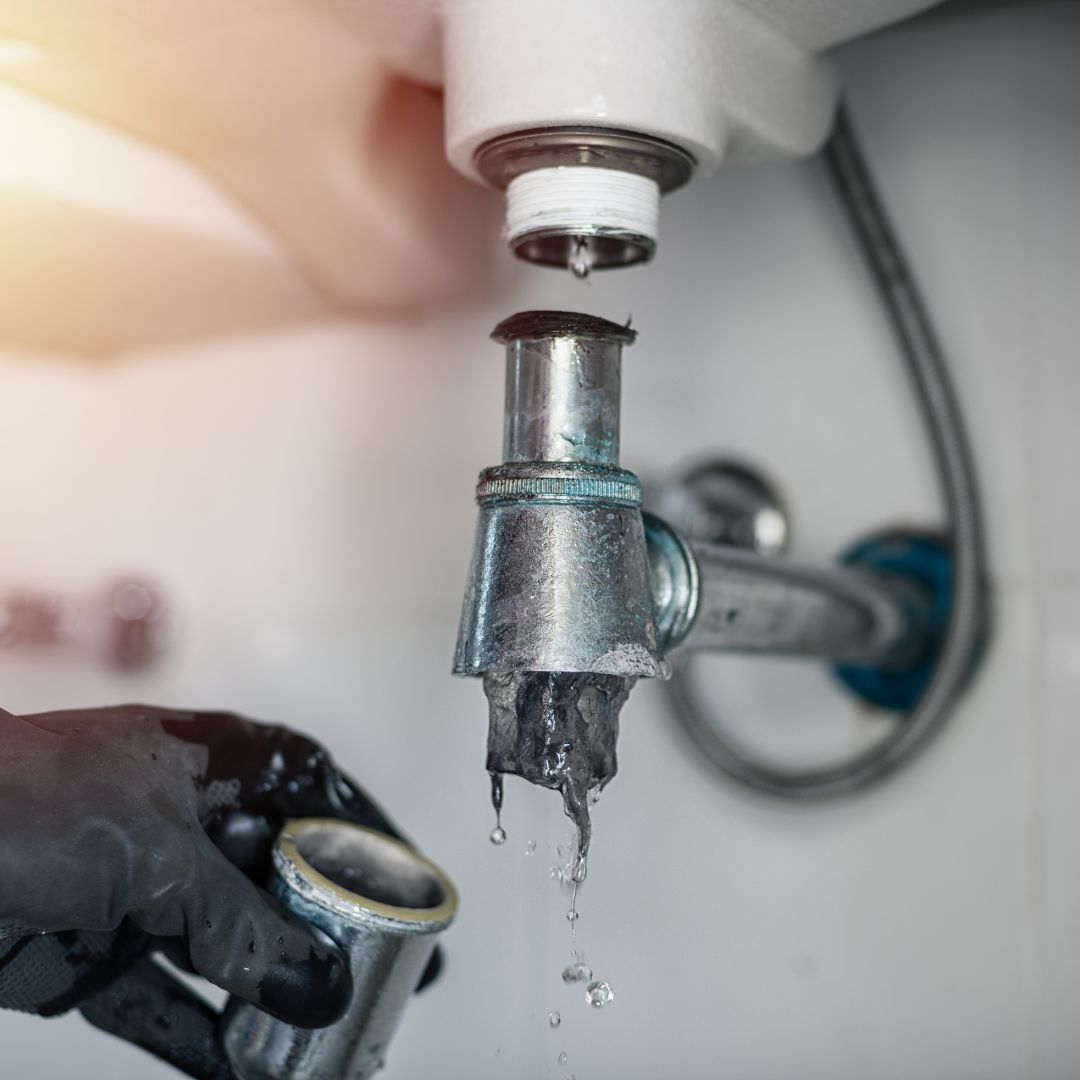We’ve all been there—standing in ankle-deep water during a shower or watching the sink fill up while trying to rinse dishes. These frustrating experiences often share a common culprit: clogged drains. In this article, we’ll discuss common causes of clogged drains and how to address them so that you can once again enjoy smooth, problem-free drainage in your home.
Hair Today, Gone Tomorrow
Hair accumulation is one of the most common causes of clogged drains. As we wash our hair, loose strands can find their way down the drain, accumulating over time and creating a hairball-like mass that prevents water from flowing properly. Place a hair catcher over your drains, or try using a drain snake to remove the hair and tackle this issue.
If you’re facing smaller clogs, you have the option of snaking your own drain. But when dealing with stubborn blockages or those deep within your home’s plumbing system, let a trained plumber use a power auger to clean the line.
Grease and Oil Buildup: A Sticky Situation
Pouring grease, oil, or fat down the drain may seem like a harmless act, but over time, these substances can accumulate, restricting water flow and causing clogs. The easiest solution is to avoid disposing of grease and oil in your drains.
Instead, pour these liquids into a sealable container and throw them in the trash once cooled. By implementing this simple change, you can substantially decrease the likelihood of dealing with greasy clogs.
When Roots Take Hold
Tree roots can be a sneaky culprit when it comes to clogged pipes. They have a knack for finding their way into your plumbing system in search of water, causing unintentional blockages along the way. If you’re planting trees or large shrubs, be mindful of their distance from your pipes to help prevent future clogs.
Invasive roots can clog drains throughout your home, and frequent clogs are one of the signs you need a drain line camera inspection. The pros can quickly inspect your pipes, locate the root intrusion, and remove any invasive roots.
Food Waste: From Sink to Stink
Food scraps, particularly those high in starch or fiber, are another major contributor to clogged drains. Preventing this issue is as simple as being mindful of what goes down your kitchen drain.
Avoid putting these items down the drain:
- Fibrous vegetables and peels
- Rice and pasta
- Coffee grounds
- Egg shells
Install a sink strainer to catch larger food particles, and be sure to scrape plates into the trash before rinsing them. This simple act can save you from dealing with unpleasant smells and backed-up pipes.
By understanding these common causes of clogged drains and how to address them, you can save yourself time, money, and frustration. Keep your drains free-flowing and your home’s plumbing in tip-top shape. Remember, preventing clogs is often easier than fixing them—so stay vigilant and keep those pipes running smoothly.

